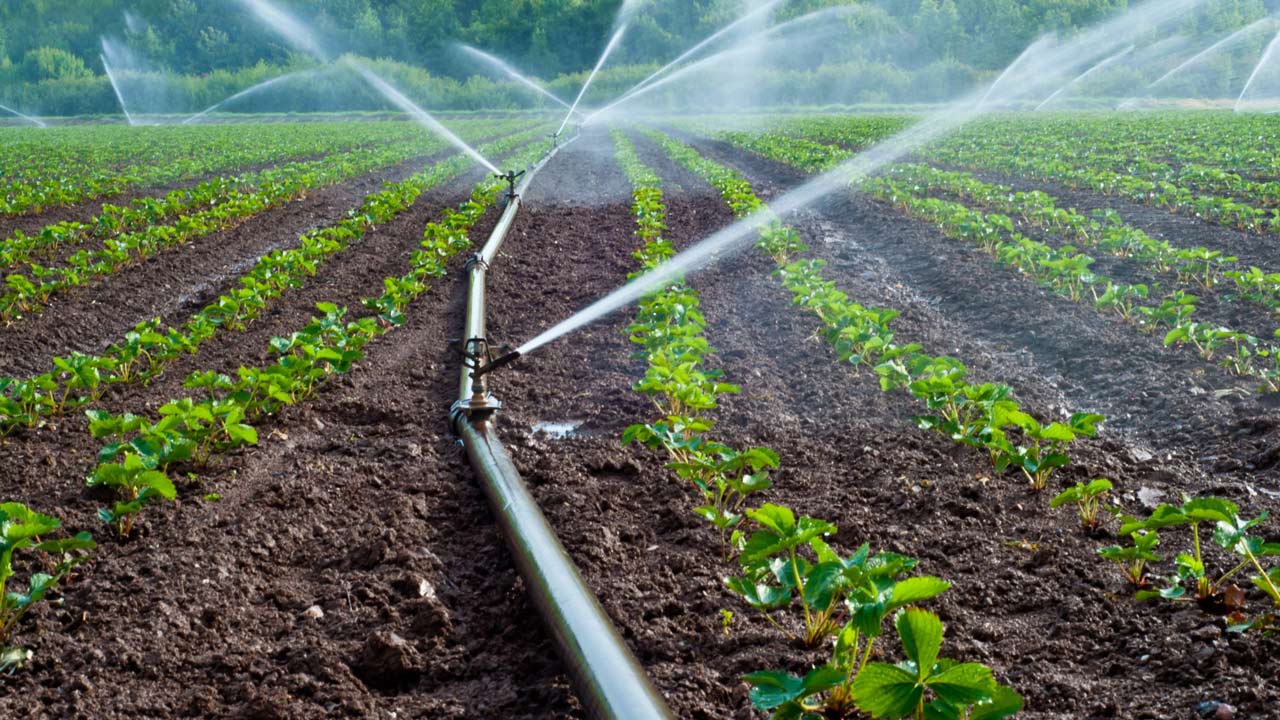
The Federal Government has initiated the development of an actionable plan to harness Nigeria’s water resources to boost food production and poverty alleviation.
Speaking at a workshop on National action plan for harnessing water resources for food security and poverty alleviation in Nigeria held in Nasarawa State, the Minister of Water Resources and Sanitation, Prof. Joseph Terlumun Utsev, highlighted the critical link between water resource management, agricultural development, and poverty reduction.
Utsev described the initiative as a vital aspect of President Bola Ahmed Tinubu’s 8-Point Agenda, which prioritises food security and economic transformation.
According to him, the workshop provided a platform for discussions on three flagship programmes aimed at optimising water resources, enhancing agricultural productivity, and driving economic growth. These strategic initiatives are the River Basin Strategy for Poverty Alleviation (RB-SPA), the Water for Expanded Irrigated Agriculture Programme (WEIRPRO), and the Partnership for Expanded Irrigation Programme (PEIRPRO).
Prof. Utsev explained that these programmes will unlock the potential of Nigeria’s river basins, empower farmers, and enhance market access.
He stressed that they also aim to leverage innovative technologies to drive sustainable development, reflecting a paradigm shift in water resource management to tackle poverty and boost economic prosperity.
“The integration of these programmes into the national agenda underscores their significance in achieving food security, expanding irrigation, and improving agricultural practices,” the minister stated.
He stressed the importance of community engagement in the process, emphasising inclusiveness and responsiveness to local needs as keys to success.
The workshop featured expert presentations addressing challenges and opportunities in irrigation expansion, water resource management, and the revitalization of the Water, Sanitation, and Hygiene (WASH) sector. Participants deliberated on actionable strategies to align interventions with national objectives and global best practices.
In a paper presentation titled ‘Harnessing Water Resources for Food Security in Nigeria’, water expert Engr. Adoyi Ochigbo attributed Nigeria’s food security challenges to ineffective water management.
The former Director of River Basin Operations and Inspectorate noted that Nigeria loses substantial amounts of water to the Atlantic Ocean due to inadequate planning during the rainy season.
“Irrigation development is key to harnessing water resources for food production as stipulated in Nigeria’s water plan,” Ochigbo stated while lamenting the challenges that have hampered the implementation of the water resource development plans, including institutional bottlenecks and climate change.
He called for a review of existing strategies, urging the adoption of public-private partnerships and adherence to integrated water resource management approaches to enhance efficiency and impact.
In his remarks, the Permanent Secretary of the ministry, Richard Pheelangwah, reiterated the critical role of water in improving agriculture. He noted that the workshop was centred on the three flagship programmes designed to harness water resources for advancing food security and economic growth.
The National Action Plan emerging from the workshop is expected to provide a clear roadmap for coordinated action, resource allocation, and stakeholder collaboration.
Utsev expressed confidence that with concerted efforts, Nigeria could achieve significant strides toward food security and poverty alleviation, laying the foundation for a more prosperous and equitable future.






